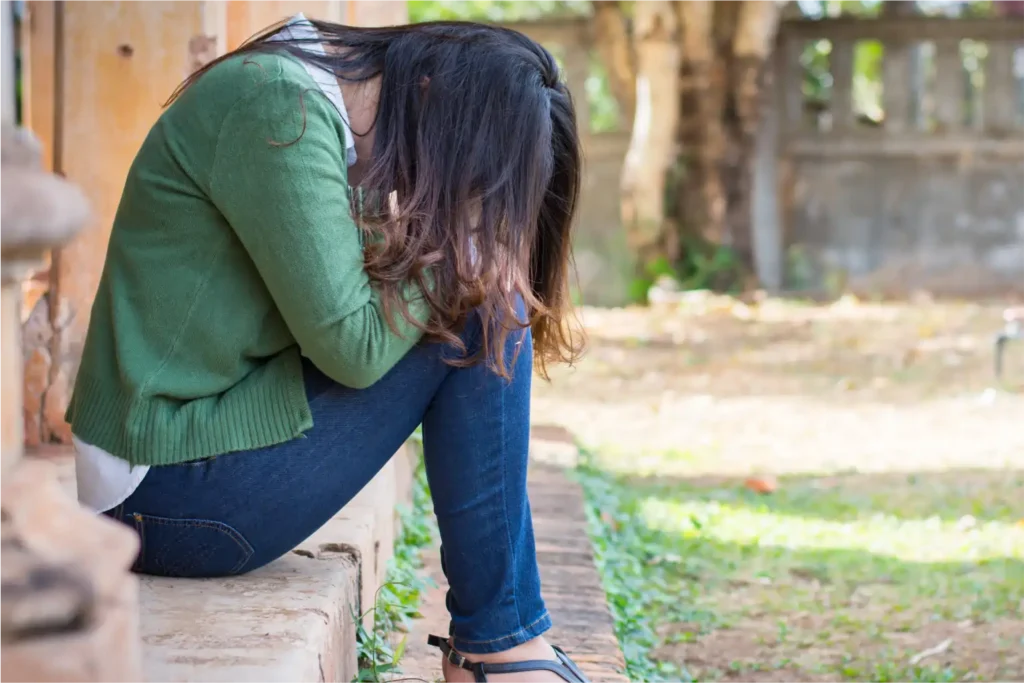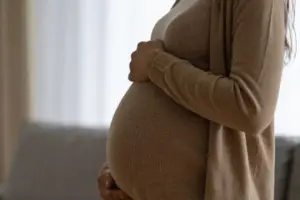
In a significant move affirming that the right to mental well-being is an essential part of the constitutional right to life, the Supreme Court of India laid down binding guidelines to safeguard the mental health of students in schools, colleges, and coaching centres across the country.
The ruling came in response to a petition filed by the father of a NEET aspirant who died under suspicious circumstances at a coaching institute in Vishakhapatnam in July. While addressing the rising cases of student suicides, a bench comprising Justices Vikram Nath and Sandeep Mehta emphasised that mental health is central to the dignity and autonomy guaranteed under Article 21 of the Constitution.
Also Read our Expert Article | Dr Chavi Bhargava Sharma on what mental health is
“Mental health is an integral component of the right to life under Article 21 of the Constitution of India,” the court noted, Live Law reported. The bench added that the right to life entails more than mere existence and includes the right to live with dignity, mental integrity, and psychological autonomy.
The court cited earlier rulings such as Shatrughan Chauhan v Union of India and Navtej Singh Johar v Union of India, which recognised the protection of mental health as a core aspect of human dignity. It also drew upon the Mental Healthcare Act, 2017, which guarantees every person the right to access mental health care and protection from inhuman or degrading treatment, especially within institutional settings.
In response to the lack of rules, the court gave 15 mandatory instructions, requiring all states and Union Territories to create regulations for private coaching centres within two months, which must include registration, student safety rules, and ways to handle complaints.
Among the major directives, the court ordered the creation of district-level monitoring committees headed by district magistrates to oversee implementation, conduct inspections, and address complaints.
Highlighting the urgency of the matter, the court also asked the Union of India to submit a compliance affidavit within 90 days, detailing the steps taken, coordination with state governments, and the timeline for the National Task Force’s report on student mental health.
Recognising students as a vulnerable group, the apex court also directed all educational institutions to assign dedicated mentors or counsellors to smaller student batches during high-stress academic periods, like exams or transitions.








